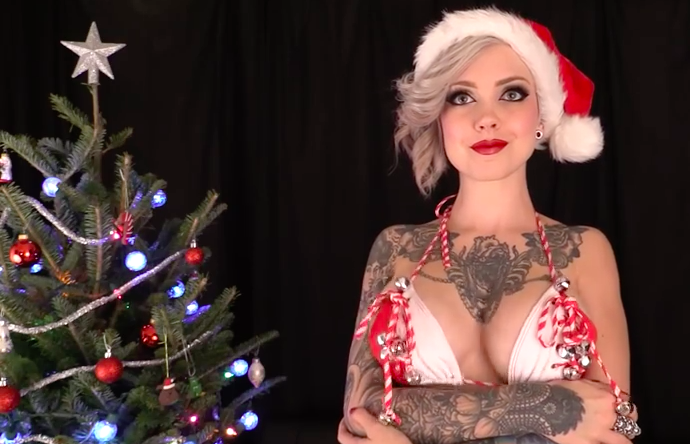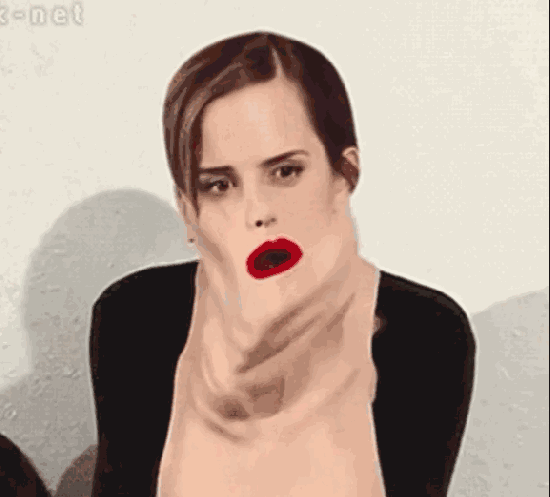ET ÇA, ON EN PARLE ? par Axelle Laffont

Deux adolescents qui en poignardent une troisième (désormais hors de danger) pour honorer Slender Man, créature imaginaire dont le mythe est né sur la Toile. Nos moyens de communication envahis par les icônes emojis – à tel point que Courrier International publie un quizz pour tester nos connaissances dans ce domaine. Un petit garçon devenu égérie American Apparel après avoir improvisé une incroyable session de voguing derrière une journaliste, dans la rue. Des pilules d’ectasy estampillées Bitcoin, la monnaie virtuelle made in Internet – ou encore de la coke commerce équitable… En 2014, la Toile n’a pas failli à sa réputation de foire mondiale du bizarroïde. Pour célébrer l’année qui s’achève, le site Dazed and Confused recense, en vrac, quelques-unes de ces histoires insolites, souvent drôles, parfois tragiques, qui ne seraient jamais arrivées si notre World Wide Web n’existait pas. Joyeuses fêtes, Internet. Et surtout, ne change rien. 